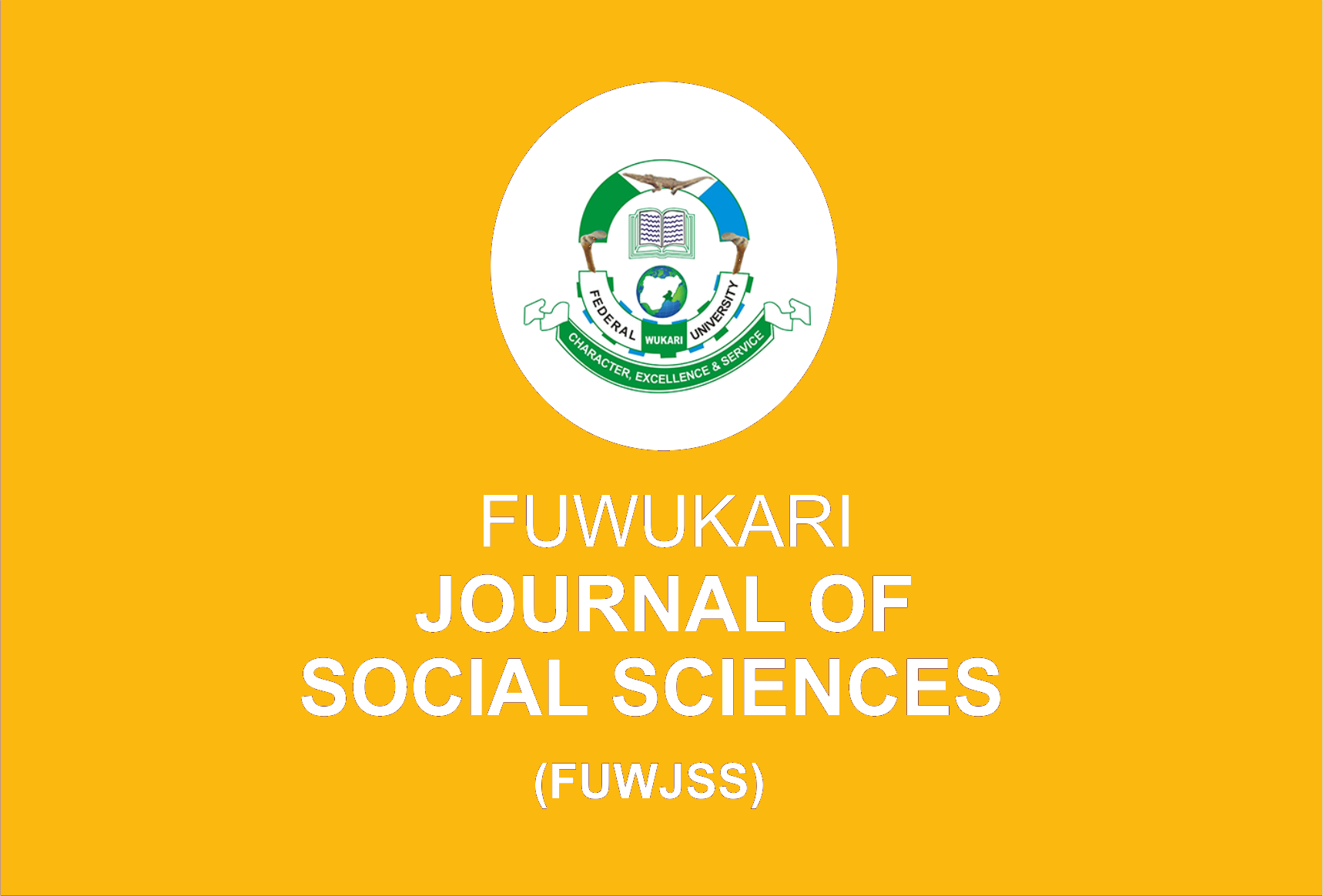Socio-Economic Drivers Of Hunger- Induced Criminal Activities And Restructuring In Nigeria
Daniel Rosemary Onchi
Keywords: Hunger-induced crime, socio-economic drivers, poverty, unemployment
Abstract
This study investigates the socio-economic drivers of hunger-induced criminal activities in Nigeria. The study explores how hunger and economic inequality contribute to criminal behaviours and the agitation for restructuring Nigeria’s political system. Adopting Robert Merton’s Strain Theory as its theoretical framework, the study explains that individuals resort to criminal activities when they are unable to achieve societal goals through legitimate means, primarily due to economic barriers. The study employs qualitative sampling techniques, using purposive and snowball sampling to select participants from regions severely impacted by food scarcity and high crime rates. Findings indicate a strong link between hunger, economic marginalization, and criminal activities. Participants expressed that their involvement in crime was driven by desperation due to the lack of basic necessities, particularly food. Additionally, findings reveal that agitations for political restructuring in Nigeria are closely tied to economic grievances, as many believe that the current political structure exacerbates inequality and perpetuates economic injustice. The study concludes that addressing hunger and socio-economic inequalities is essential to reducing crime and social unrest in Nigeria. Recommendations include the implementation of robust social welfare programmes, job creation strategies, and meaningful political reforms aimed at redistributing resources and empowering marginalized communities in Nigeria.
Author Biography
Daniel, Rosemary Onchi
Department of Sociology Faculty of Social Sciences Federal University Wukari, Taraba State, Nigeria
Email: [email protected]

